Having nice green lawns in summer requires a well-working sprinkling system. This is why it is so important to keep it properly protected during the winter and the cold season in general. Otherwise, if not prepared for the colds correctly, your sprinklers may fail and freeze!
Have you ever wondered when to turn off sprinklers to prepare them for winter frosts?
And what to do in case low temperatures arrive earlier than you expected? Today we will try to explain in detail how to prepare your sprinkler system for freeze properly, and what actions you should take in case it does freeze.
When Do Sprinkler Pipes Freeze?
If you are an enthusiastic gardener, and you are looking forward to bringing your lawn back to life and returning it that marvellous green look, you might be eager to start cultivating it as soon as possible.
However, when the weather is just starting to get warmer, it can be a dangerous decision!
See, to start cultivating your lawn again, you will need your sprinkler system. And if you try to turn it on when it is colder than thirty two degrees Fahrenheit outside, you are putting this irrigation system at risk of freezing!
If you try to start it when it is that cold outdoors, it may result in cracks in exposed pipes, or lead to development of pressure build-up in the head of the sprinkler.
As a result, that will lead to multiple issues with your sprinkling system that you would not want to deal with.
So if you see your outdoor thermometer shows thirty two degrees Fahrenheit or lower, you’d better wait a bit longer until it gets warmer in your garden.
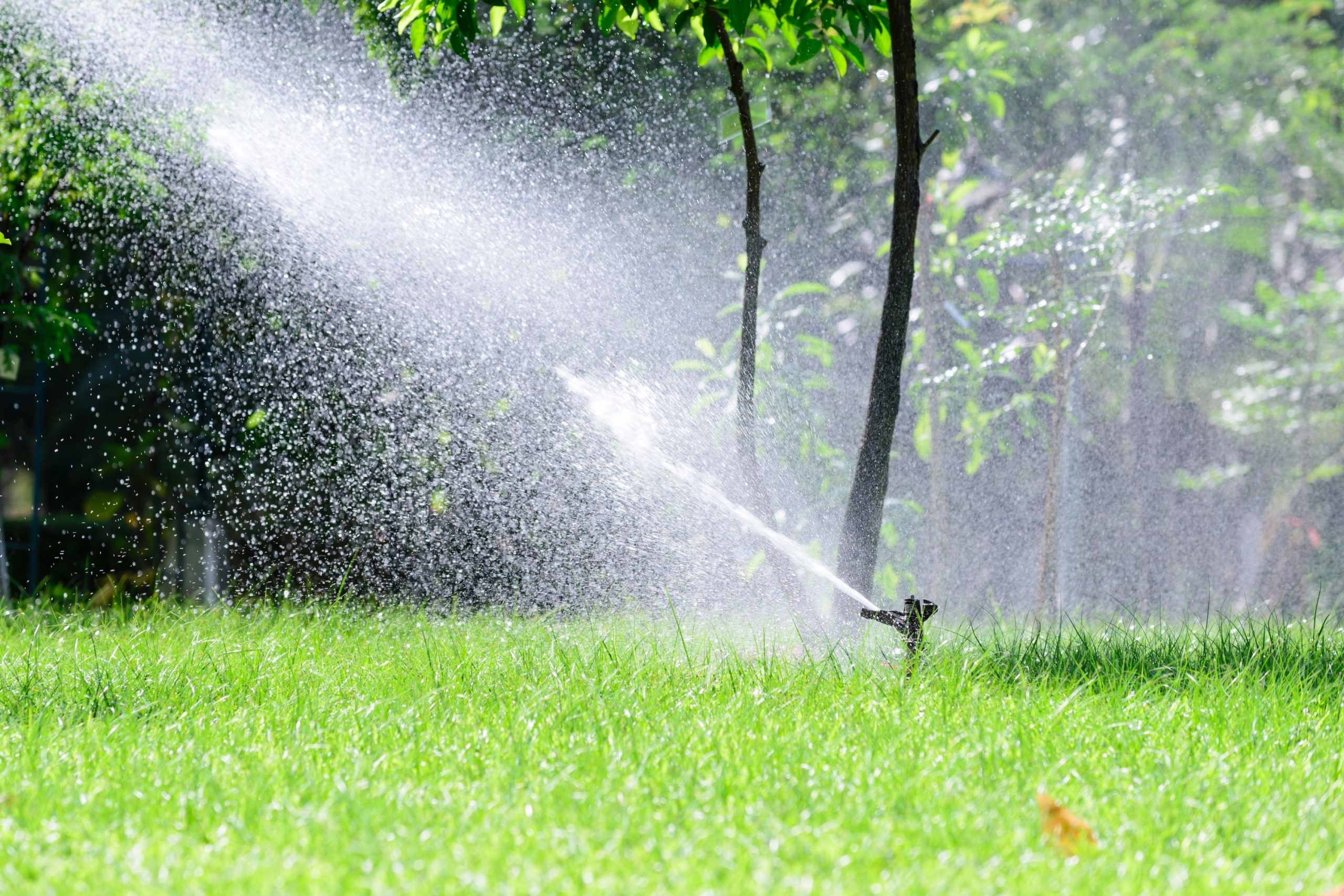
How to Turn Off Sprinkler System For Winter?
If frosts arrive way before your winterization service appointment, we strongly recommend you take the following actions as a sprinkler system freeze protection. So, to turn off sprinklers for winter, follow the instructions below precisely:
- Shut off your water supply to irrigation system
- Unplug the booster pump
- Run the system to relieve the pressure
- Open the outside pipe
- Open the outside RPZ valve
- Make an appointment for irrigation winterization service
And now let us explain in detail what each of these steps implies.
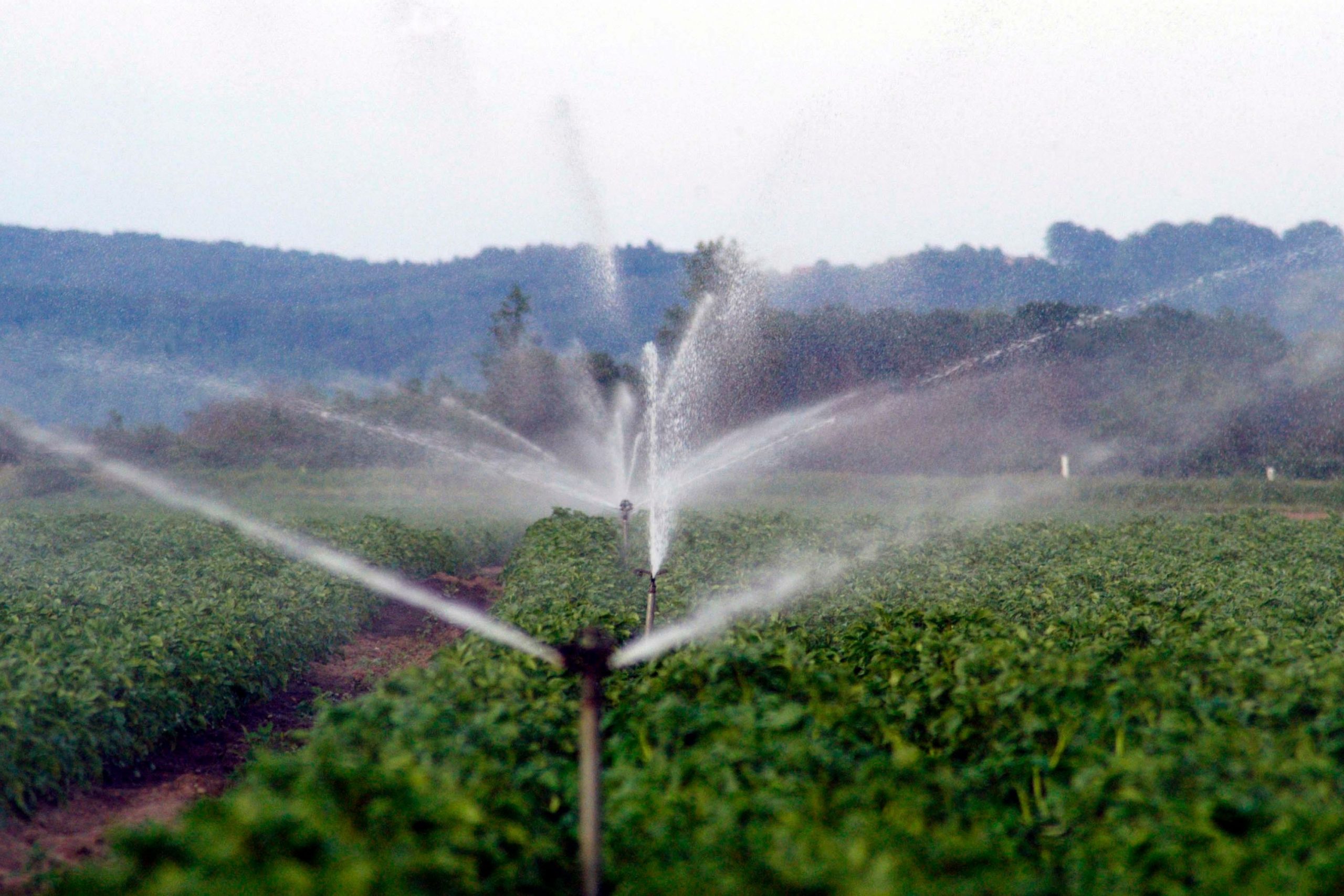
So the very first thing you need to do to turn off your sprinkler for winter is to shut the water supply off.
You need to start with locating the shut off valve first. It is usually located near the main water meter on a pipe that comes off to the side of the major water line.
It is a one-inch pipe and it may be even larger than the main water line. You might also be able to see it going toward the outside of the house.
You can identify the correct valve by the orange “spring-green” tag, by the way.
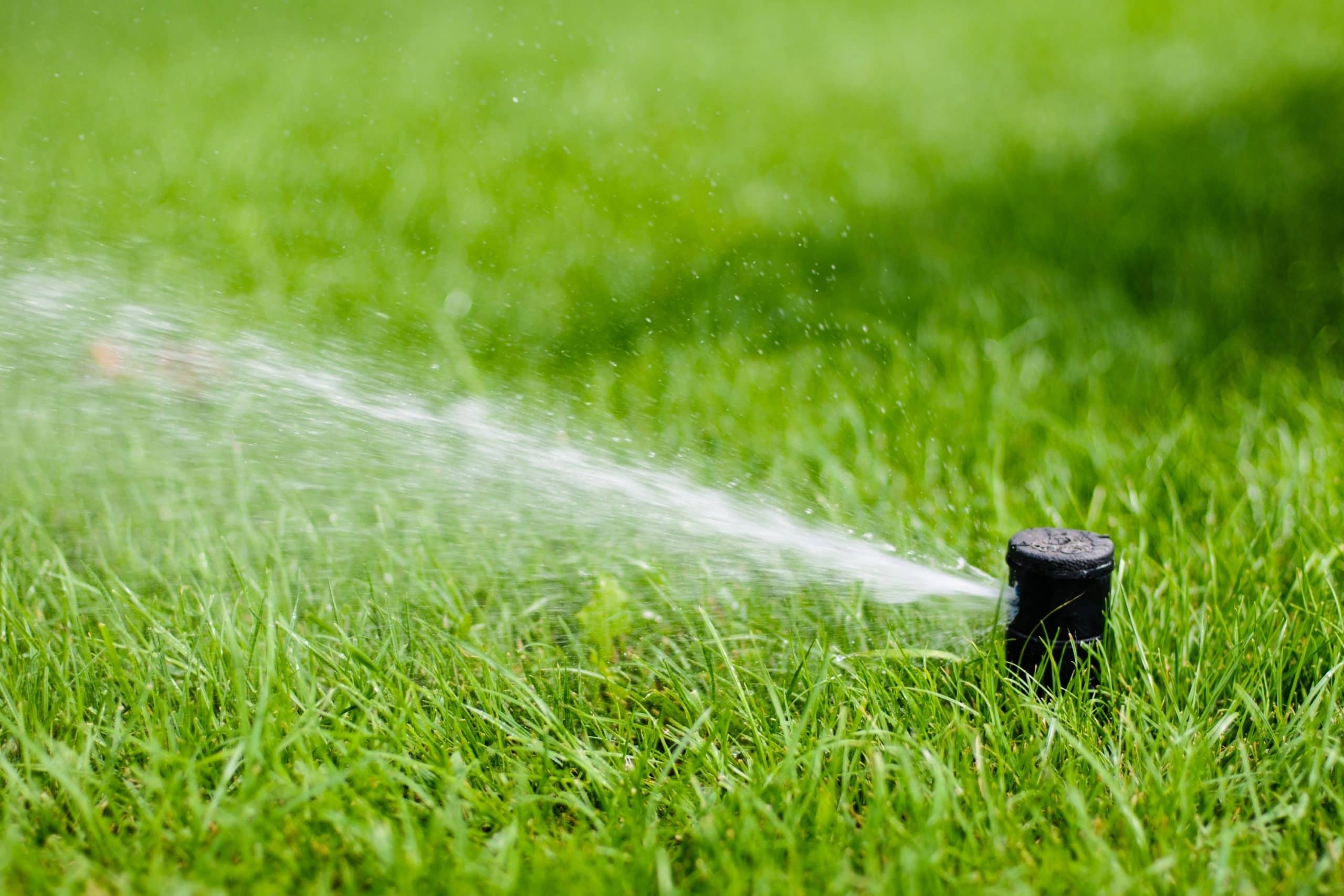
Once you spot the valve, turn it a quarter inch turn. It will only go one way; it may be up down right or left depending on the pipe position.
Also, we recommend you check a sink to be sure you have not turned off your main water supply.
The next step will be to unplug the booster pump.
However, please note that it may not be installed on all systems! But if you do have a booster pump, search for it on the floor. It will have a cord that is going to an outlet or box.
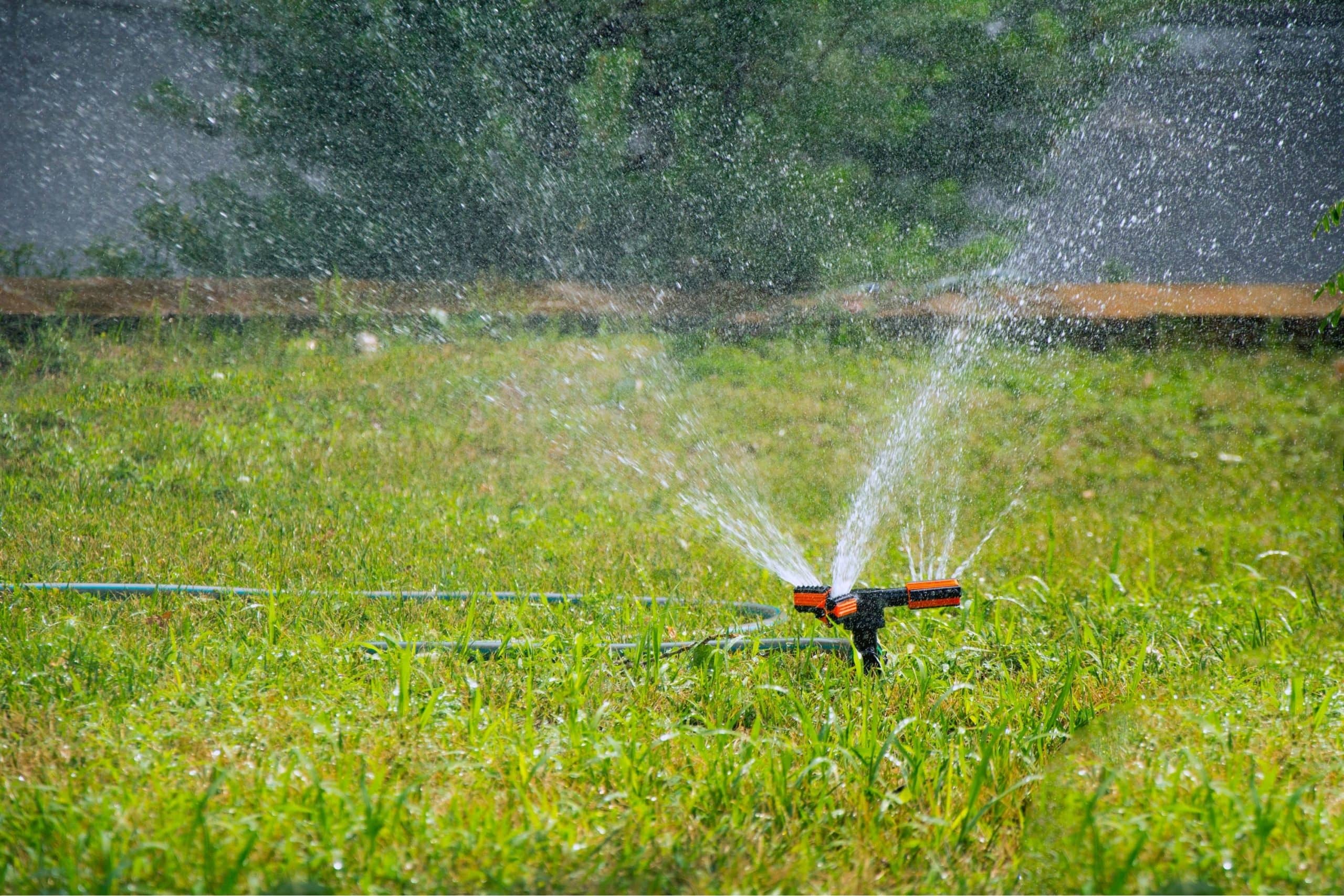
In case it is a regular outlet, you simply need to remove the plug. In case you see that it goes to the box, unplug your controller (or timer depending on what you have) for the sprinkler system in your garage after you have followed step three which will be described below.
So the next step you need to take is to run the system in order to relieve the pressure.
Go to the sprinkler controller or timer and turn on any zone to run it for two minutes.
Don’t worry if no water comes out of the irrigation head, it’s fine, you just need to relieve the pressure in the main line.
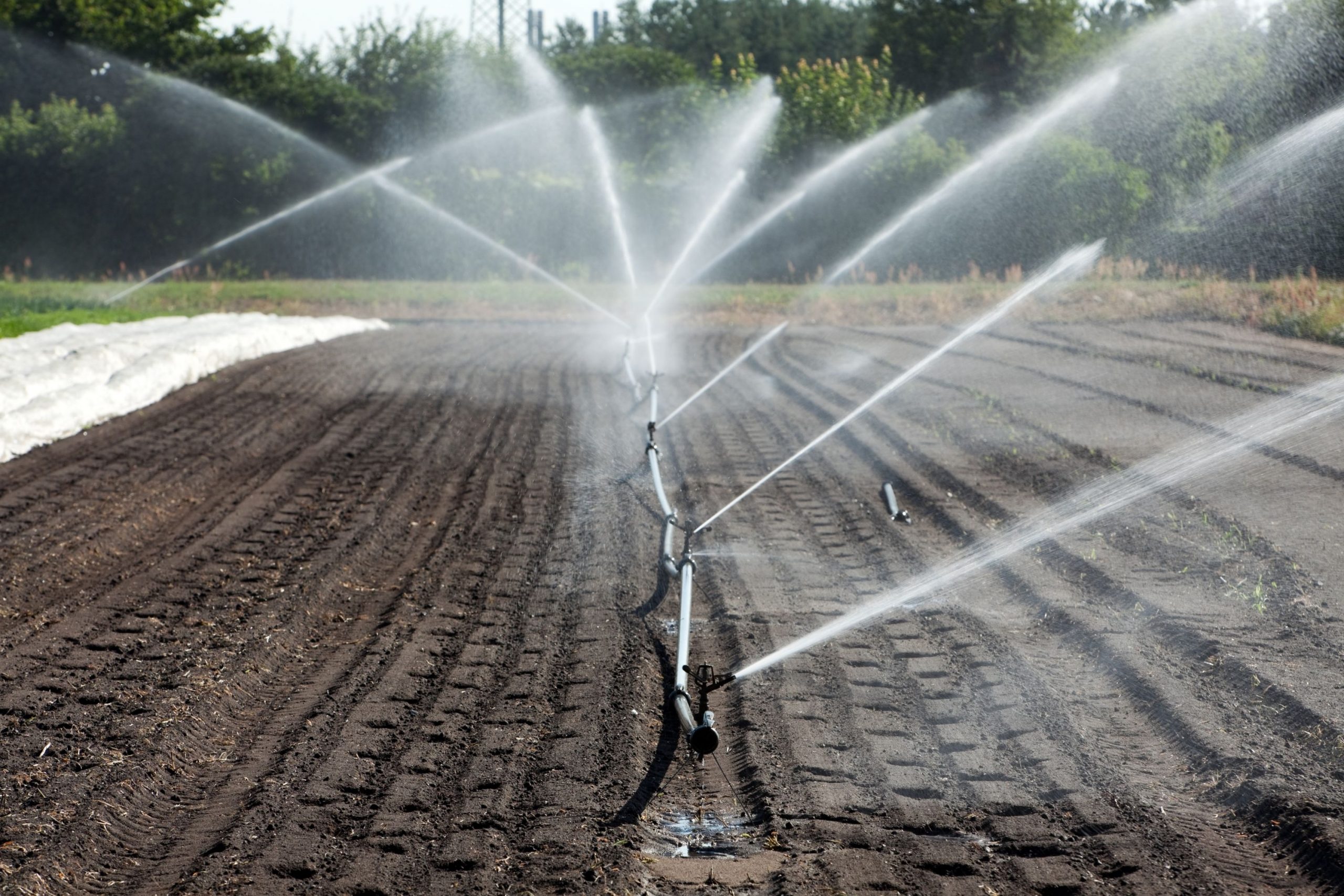
Now open the outside pipe by turning the spigot handle (if there is one) attached to this pipe counterclockwise to open it completely.
Then, if your RPZ valve is outside, locate the mini valves sticking out of the RPZ that have a groove for a flat head screwdriver.
To open the mini valves use a flat head screwdriver to turn the screw ¼ turn counter clockwise (See picture below). Water will come out as you open more of these mini valves – this is normal.
Finally, since all the steps described above are only temporary measures for turning off sprinklers for winter, remember to have your irrigation system properly winterized by the professionals!
What to Do With the Sprinkler System When It Freezes? Easy Steps to Prevent the Disaster
Every homeowner knows perfectly that, when colds arrive, your pipes can be at risk. In particular, outdoor pipes can freeze resulting in burst pipes that will later need an irrigation repair. Since water tends to expand when it freezes, it puts pressure on all such elements of the irrigation system as pipes, faucets, manifolds, sprinkler heads, etc.
As a result, they can break, burst, malfunction, or leak leading to such aftermath as ice pooling on your walkway and driveway, puddles around the house that can damage the foundation, etc.
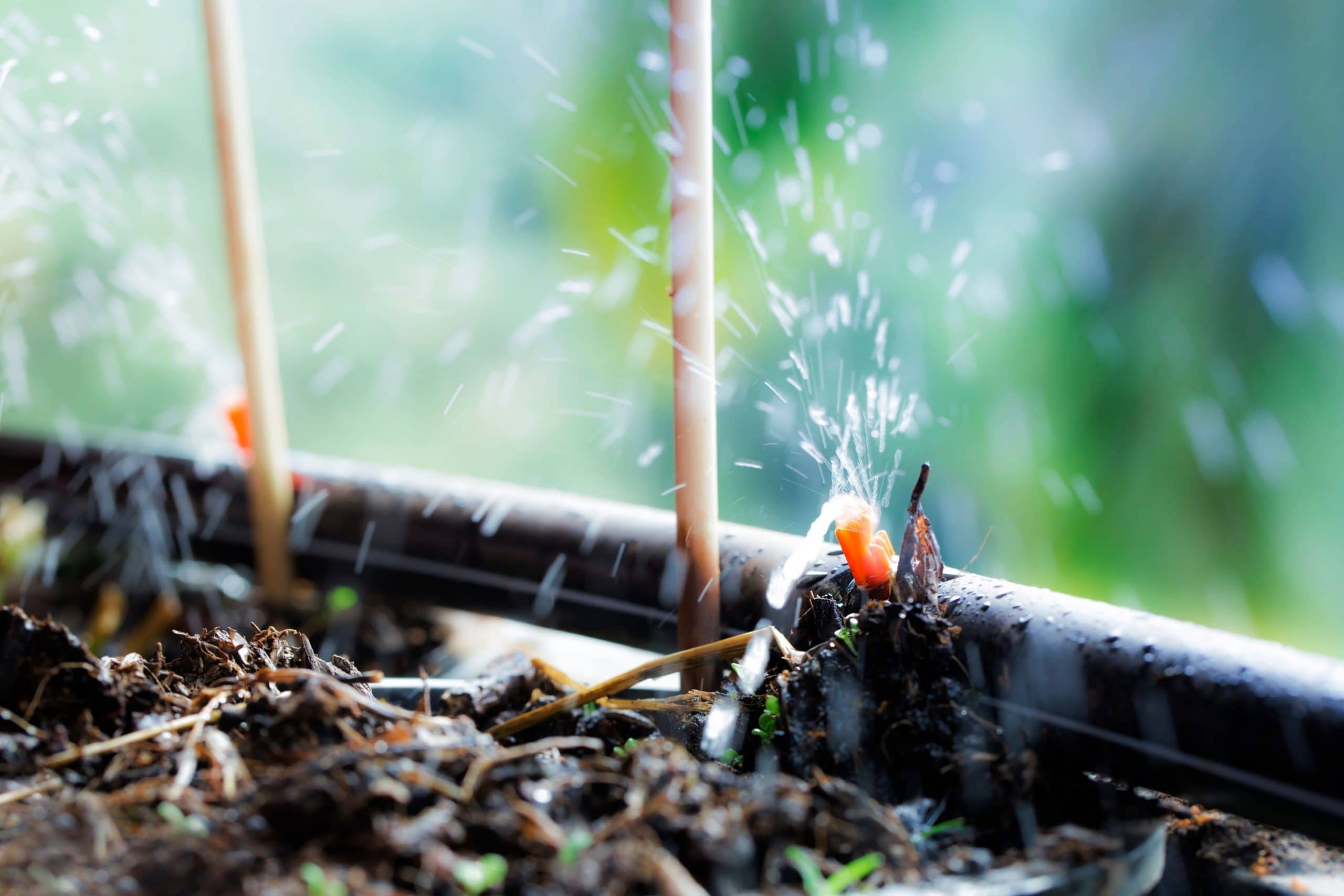
This is why we offer you a few handy life hacks on what to do to prevent your irrigation system from collapsing because of the low temperatures.
- Put hoses away. Detach them from your outdoor faucets, ensure they are drained of water, then coil them and store in your garage or shed.
- Cover your outdoor faucets. Close them tightly and then secure a foam cover over them to insulate your faucets during winter.
- Remember to insulate above-ground pipes. Simply speaking, wrap your irrigation system’s main shut-off valve with insulation (insulating tape will be just fine).
- Turn the timers off.
These easy steps will help you to keep your irrigation system safe and sound during winter.
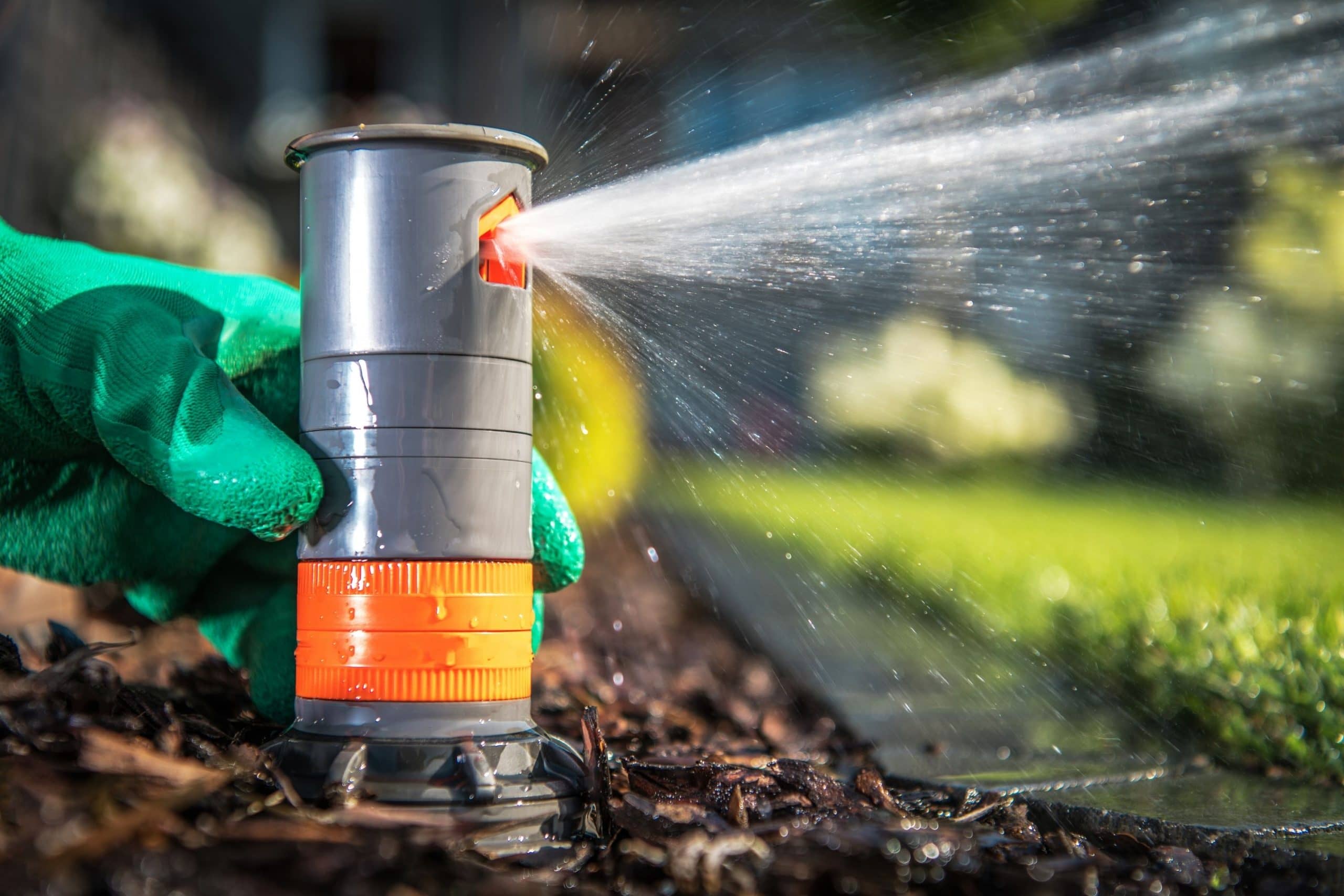
What to Do if You Experience Damage to Your Sprinklers
If you don’t manage to insulate and protect your irrigation system in time, you will most likely have to deal with its damage due to low temperatures. For instance, you may notice that water is leaking.
If you know it is your sprinkler system indeed, then take the following steps instantly without hesitations:
- Turn off the water supply. Shut off any water leading to outdoor pipes.
- Inspect it. Examine every part of the irrigation system that is visible, looking for winter pipe damage.
- Notice any areas where puddles are forming or where there are signs of broken sprinkler features. That way, you will know for sure where to point your repair people so they can get started on their repairs quickly.
- Call for help. Contact your landscaping contractor to arrange for irrigation repair as soon as possible.
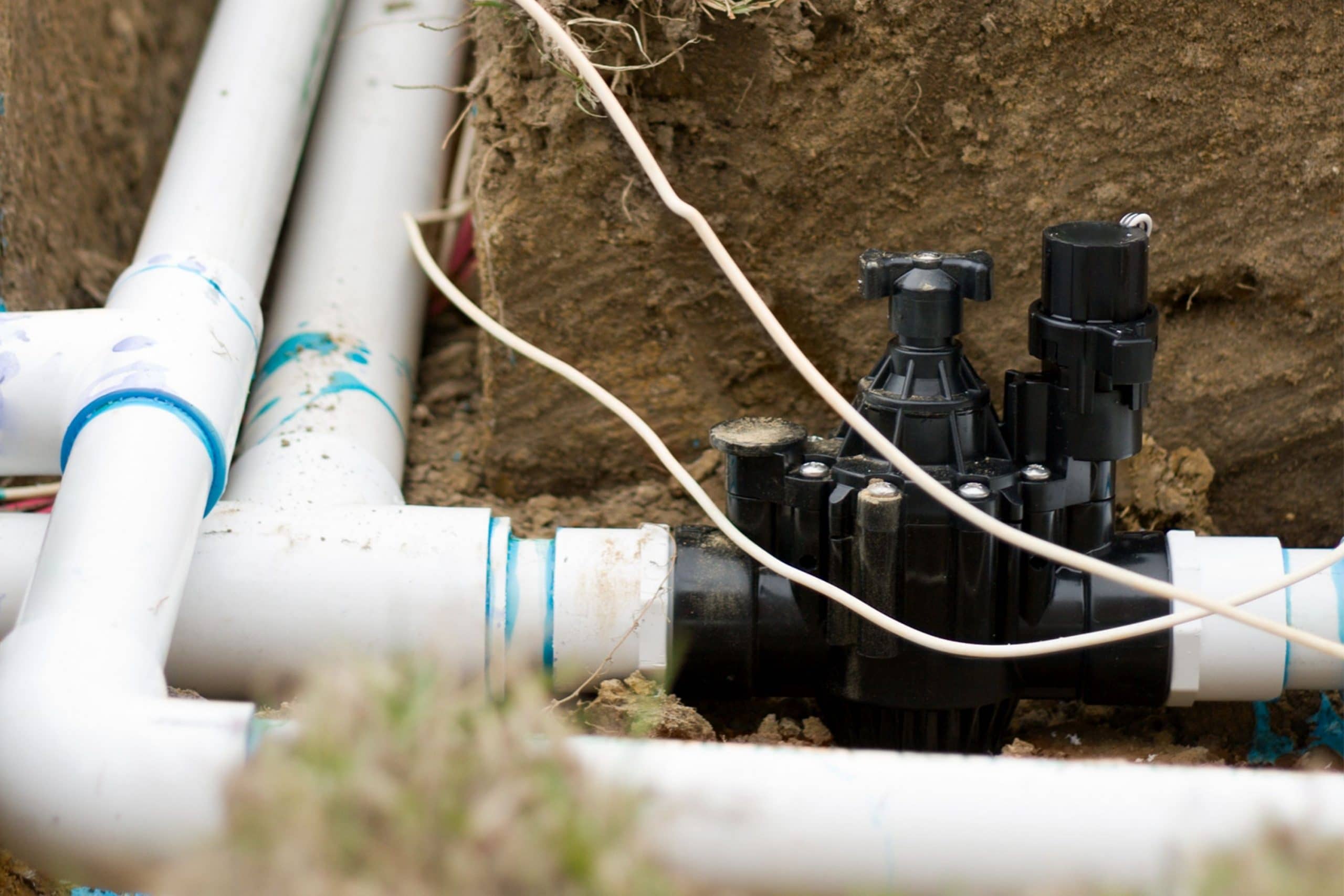
If you are not sure where the leak is coming from, there are several ways to test your sprinklers.
- Manifold. This box is partly buried, but you will probably find it by its colorful lid. Open it and check the valves for signs of cracks. If any are broken, they will need to be replaced.
- Above-ground pipes. Run the system and look for spraying or gushing water along the part of the pipes that are visible.
- Below-ground pipes. Check for leaks by running the sprinklers for 30 minutes. Then turn everything off and look for pooled water. The broken pipe will be near there.
- Sprinkler heads. Run the system for several minutes, looking for leaks at the base of the heads and gushing water.
And remember that it is better not to wait too long before all the necessary repairs are done!
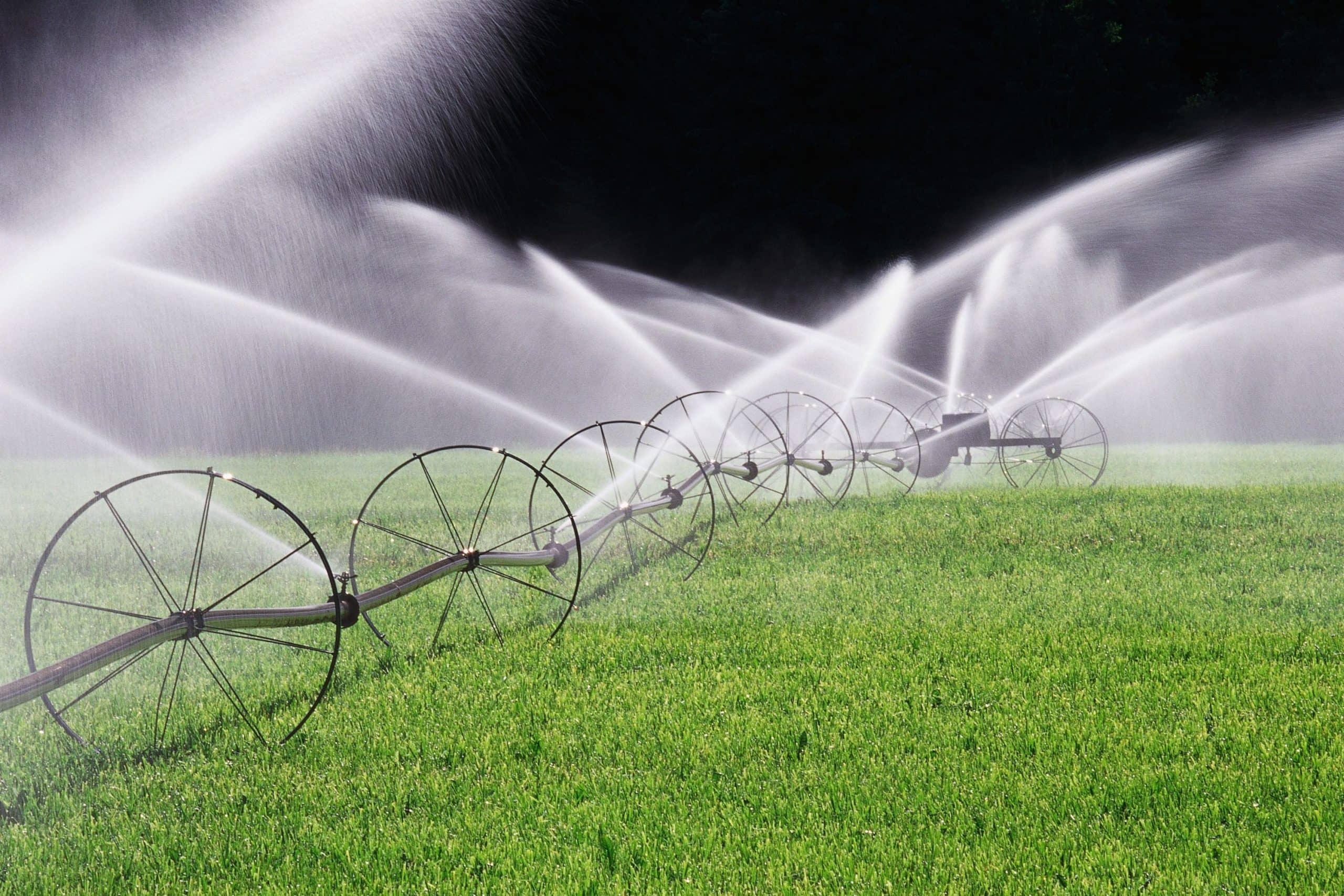
The last thing you want to do to your irrigation system is to cause more damage to it by leaving broken or frozen pipes untended. If all the needed repairs are done in time, you will protect your house from not just leakages, but also from excessive moisture (that may cause mold development!), leaking, and mildew.
So don’t hesitate and call on professionals to help you out with that. Anything that involves the water system in your house is usually rather time-consuming and needs certain skills and knowledge to be able to fix that correctly.
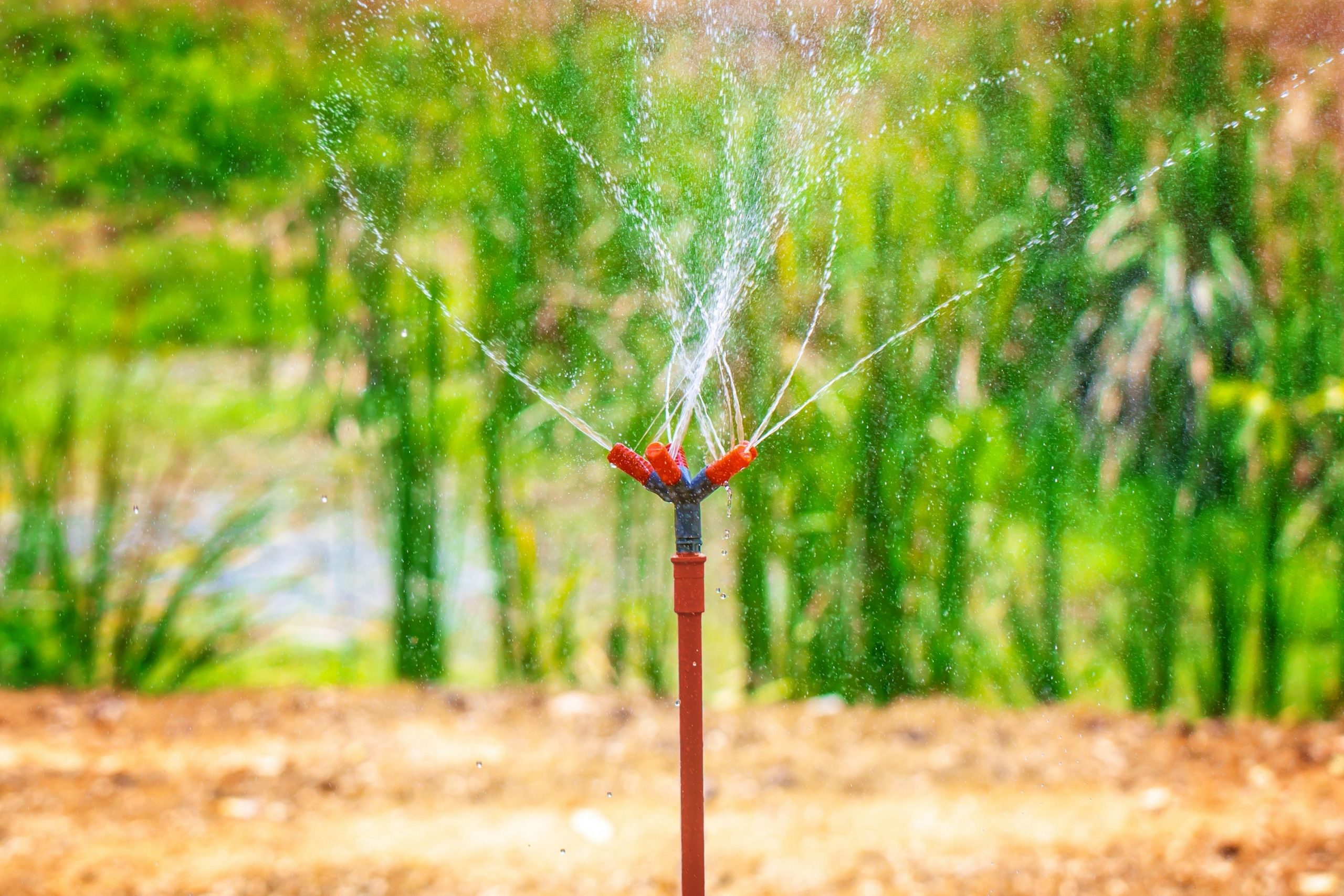
So if you are not an experienced plumber or a similar specialist, call the pros since your irrigation system might need special techniques to have it fixed.
We hope that we managed to provide you with all the information you might need on the issue of protecting your irrigation system and getting it ready for winter. Follow our easy tips, and your pipes will thank you in spring!
[wp-faq-schema title=”Frequently Asked Questions”]
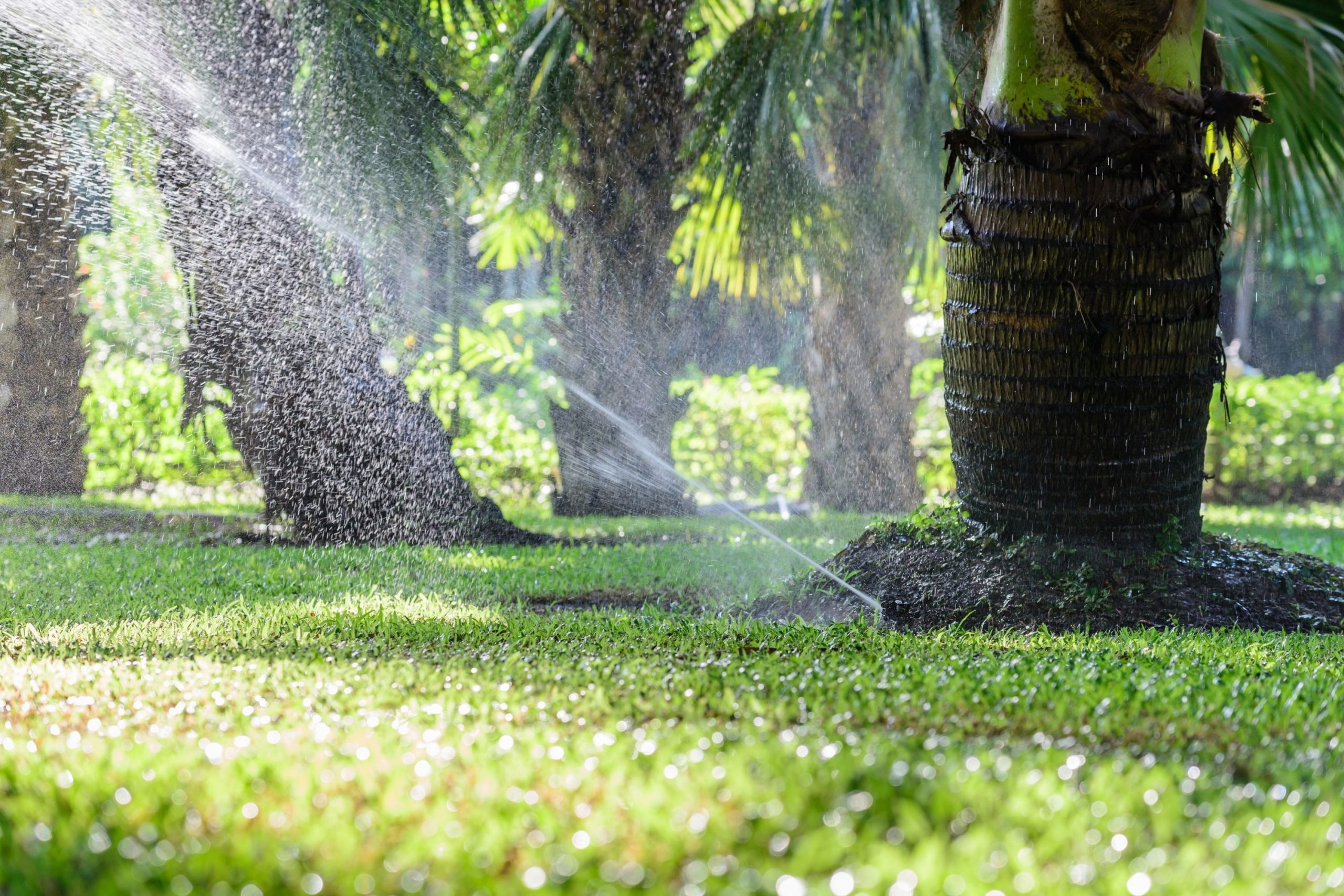
Do you need to winterize the sprinkler system? I mean, is it mandatory? We don’t have too severe winters, so maybe I can just leave it as it is?
I’d recommend you winterize it, to be honest. You can never predict what the weather will be in winter. I remember we had quite a cold winter once and it arrived earlier than usual. And my irrigation system was not prepared. So I ended up with cracked and leaking pipes. So don’t repeat my mistakes!
Hi! Are there any homeowners here? How much does it cost to winterize my sprinkler system, folks? Can anyone give at least the approximate prices?
Hi! Last time I hired a professional to winterize it for me, I paid around 160 dollars, but we have quite a big property. For the average house, it will cost nearly 55-85 bucks, I suppose.